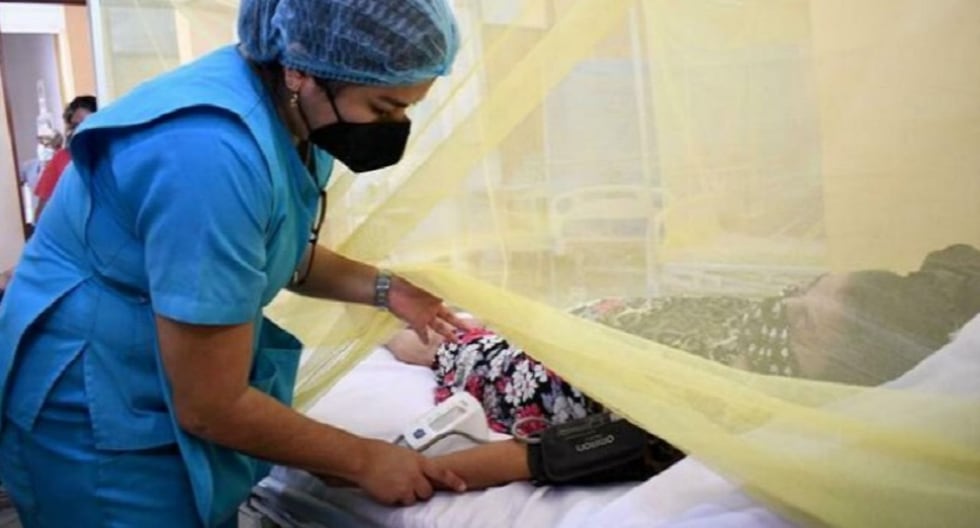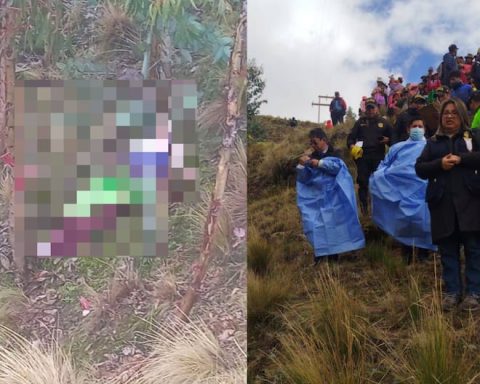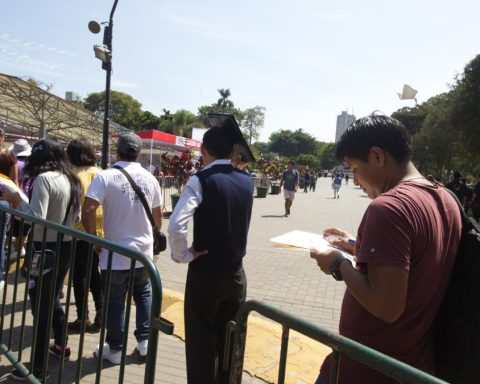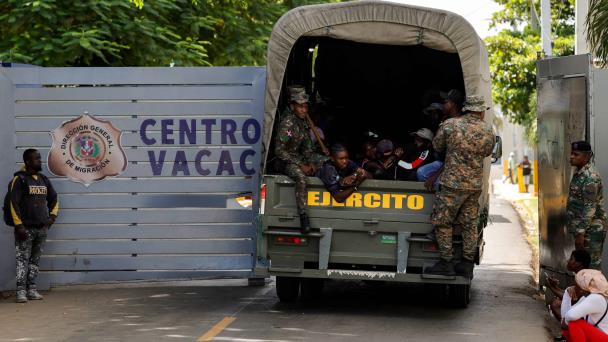Meningococcal meningitis is a serious bacterial disease. This year, 10 confirmed cases have already been detected in Peru, the highest number since 2012.
LOOK: Keys to having safe water at home: clean your tank and cistern
“This outbreak underlines the urgent need to take measures to protect the local population and those in the rest of the country. “Timely information and prevention are key to well-being,” indicated Raúl Larrauri, head of Network and Contracting at Rímac.
What is meningococcal meningitis and how is it transmitted?
The Meningococcal meningitis is a serious bacterial disease that affects the membranes that cover the brain and spinal cord.known as meninges. It is caused by the bacteria Neisseria meningitidis, which can live in people’s throats. without causing symptoms, but in certain circumstances it can trigger a rapid infection and potentially fatal.
The spread of the disease is facilitated by close and prolonged contact with an infected person, transmitted through droplets of respiratory or throat secretions.
Warning symptoms
Among the most common symptoms are high fever, severe headache, stiff neck, nausea, vomiting, drowsiness or irritability, sensitivity to light (photophobia), rashes or spots on the skin, confusion, muscle and joint pain, seizures, and food refusal.
”These symptoms can occur quickly and severely. In young children, they frequently appear along with flu-like symptoms, crampy abdominal pain and vomiting”, he added.
Preventive measures
Vaccination: It is the most effective tool to prevent bacterial meningitis. It is especially recommended for children, adolescents and people in risk groups.
Personal and home hygiene: Wash your hands frequently with soap and water, maintain good oral and personal hygiene, and regularly clean and disinfect surfaces and objects that may be contaminated.
Avoid sharing utensils: Do not share cutlery, glasses, toys, pacifiers or any object that may come into contact with saliva.
Use of masks: Especially in places with a high concentration of people to reduce transmission through respiratory droplets.
Ventilation of spaces: Ventilate rooms and bedding daily, and avoid staying in overcrowded or poorly ventilated places.
“It is essential to remain vigilant for symptoms and take preventive measures to prevent the spread of meningitis. “This is a disease that can have severe effects, and early identification along with timely treatment are vital to preserve lives and limit its progression,” ended.














